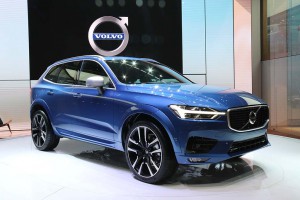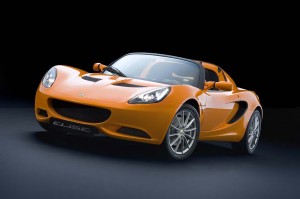Geely appears ready to expand its sphere of influence once again. The parent company of Volvo and major shareholder of Daimler AG is rumored to be examining the viability of putting $1.9 billion into sports car maker Lotus.
Holding 51% of the ownership stake, Geely is considering growing the company’s physical and intellectual presence in England with the idea of adding to the brand’s product line-up, including a crossover or smallish SUV, Bloomberg reported.
Geely isn’t just looking to increase the size of the brand, it wants to expand the size of its ownership stake. It’s buying shares from Etika Automotive, which owns the other 49% of the company.
“Geely is fully committed to restoring Lotus into being a leading global luxury brand,” a source told Bloomberg.
(China’s Geely buys controlling stake in Lotus. Click Here for the story.)
The plan calls for adding 200 engineers into Lotus’s existing factory in Hethel, Norfolk while opening a design studio and manufacturing plant in Coventry. The idea also includes eventually building Lotuses in China.
When Geely bought its controlling stake in Lotus last year, Stephanie Brinley, IHS Automotive analyst said, “It’s pretty much make-or-break” for the British company, she said, adding that, “Without new funding they couldn’t build any new cars.”
(Click Here for details about Lotus and its new approach to growth: practicality.)
Now is the time as the new and improved facilities would be needed for the niche automaker to expand its product portfolio. Reports suggest that the Lotus would follow the lead of so many other performance brands, like Porsche, Lamborghini and Ferrari, and develop at least one crossover.
Adding to that is the fact that Volvo’s XC40, XC60 and XC90 provide plenty of starting points and potential parts to steal from to keep development costs down while increasing the speed to the market for this popular segment.
(To see more about Geely’s moves with Volvo, Click Here.)
Lotus plans to unveil two new models in 2020, including an aluminum-framed supercar with an engine jointly developed with Toyota. The company’s other new entry is rumored to be a replacement for the long-running Elise.



